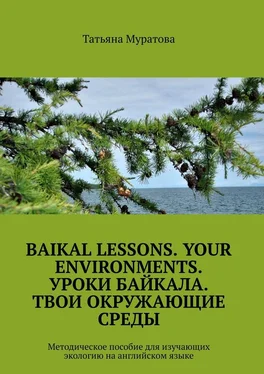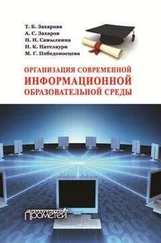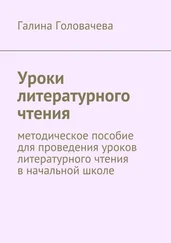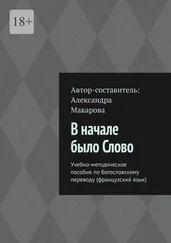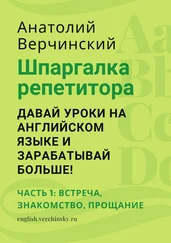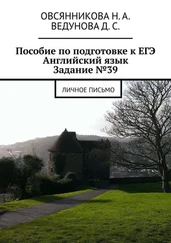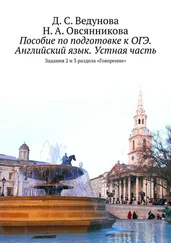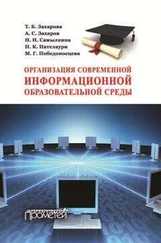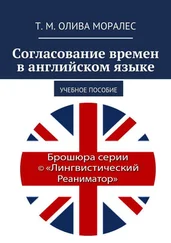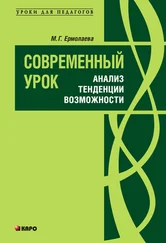Baikal lessons. Your environments. Уроки Байкала. Твои окружающие среды
Методическое пособие для изучающих экологию на английском языке
Татьяна Муратова
© Татьяна Муратова, 2020
ISBN 978-5-4498-9538-7
Создано в интеллектуальной издательской системе Ridero
BAIKAL LESSONS. УРОКИ БАЙКАЛА
YOUR ENVIRONMENTS. ТВОИ ОКРУЖАЮЩИЕ СРЕДЫ
A Resource Manual
for
TEACHING AND LEARNING ECOLOGY IN ENGLISH
A Compilation by: Tatiana Mouratova
TATIANA MOURATOVA ECOLOGICAL FOUNDATION
Severobaikalsk, Russia 2020
Татьяна Антоновна Муратова родилась в 1954 году седьмым ребёнком в многодетной семье служащего. Отец, Антон Поликарпович Милюшкин, работал бухгалтером, имея образование 4 класса. Мать, Надежда Ивановна Милюшкина (в девичестве Воронова), была безграмотной крестьянкой. Советская власть позволила всем детям получить бесплатное среднее, средне-специальное и высшее образование. После окончания Байкальской средней школы №10 в 1971 году Татьяна поступила в Иркутский Политехнический институт и окончила его в 1976 году, получив специальность инженера – строителя промышленных и гражданских зданий. 30 лет жизни отдано строительству БАМа, сначала инженером строительных организаций Северобайкальска, затем главным экономистом электросвязи. Кроме производственной деятельности она занималась обширной общественной деятельностью по направлениям: экология, туризм, образование, русская литература, в том числе пушкиноведение и декабристоведение, имеет двоих детей и внука.
Публикации в сети Интернет:
http://www.stihi.ru/avtor/sibiryachka1
http://www.proza.ru/avtor/zolotco
https://www.youtube.com/user/tamuratova
1.«Investigating Your Environment» (Teaching Materials for Environmental Education)
Developed by :
USDA Forest Service Pacific Northwest Region Public Affairs Natural Resource Education
2.«Earth Notes For Educators, grade K-6», issue number 1.
EPA Number: EPA22K-1001
Source: NCEPI NTIS Number: N/A 1991
3.The Program of the Conference"Alliance to Save Russian Taiga Forest»
USA Washington, Seattle
November,1995
4.«All around you»
Piter Ltd, Saint-Petersburg, 1996
5.«English for Students»
GLOSSA, Moscow, 1995
6. «Volna»
Ecological Education, Irkutsk, 1996—1999
7.«Atlas of Earthcare»
Gaia Books Limited, London, 1996
8.«Guide to Environmental Issues»
United States Environmental Protection Agency, Washington, 1995
8.«Siberian BAM Railway Guide»
Trailblazer Publications 1995
9. «EPA JOURNAL». «Looking Ahead at Environmental Education»
Spring 1995 EPA 175-N-95-003
10.«EPA JOURNAL». «Clean Water Agenda»
Summer 1994 EPA 175-N-94-002
11. UNITED NATIONS EDUCATIONAL, SCIENTIFIC AND CULTURAL ORGANIZATION CONVENTION CONCERNING THE PROTECTION OF THE WORLD CULTURAL AND NATURAL HERITAGE WORLD HERITAGE COMMITTEE. Twentieth session Merida, Mexico 2—7 December 1996.
12.«English for schoolchildren»
«Drofa» Moscow 1999
13. «English» N. Sikorskaya
Moscow 1992
14. «English for Managers» L. Salnikova
Moscow 1992
15. A Comprehensive Program of Land Use Policies for the Russian Portion of the Lake Baikal Region.
THE LAKE BAIKAL REGION IN THE TWENTY-FIRST CENTURY: A MODEL OF SUSTAINABLE DEVELOPMENT OR CONTINUED DEGRADATION?
A cooperative project prepared at the request of the:
Buryat Republic
Chita Oblast
Irkutsk Oblast
by the:
Center for Citizen Initiatives – USA
Center for Socio-Ecological Issues of the Baikal Region
Davis Associates
Russian Academy of Sciences
March 1993
16. BAIKAL AS A WORLD NATURAL HERITAGE SITE: RESULTS AND PROSPECTS OF INTERNATIONAL COOPERATION
Edited by Nicolai L. Dobretsov
Publishing House SB RAS Novosibirsk 1999
I. General Items
1. Environmental Protection
2. Acid Rains
3. Pollution
4. Air and Land Pollution
5. Air and Water Pollution
6. Oil and Gasoline
7. Green Management
8. A Unique Lake
9. Lake Baikal is in the World Heritage Site
10.The Fragile Environment
11.The Road from Rio
12. Eco-politics
13. Laws
II. Your Basic Environments
1. Water
2. Soil
3. Wildlife
4. Forests
5. Plants
III. Your Unique Environments
1. Desert
2. Dunes
3. Marine
4. Pond
5. Range
IY. Summary
1.Environmental and Cultural Education
2. Eco-Babble
Y. Supplement
1. The ecological conference
2. Region Olympics «Ecology in English»
3. Questions
4. Certificates
5. Scientific project
6. Signs of hope
7. Strategies for a sustainable development of tourism in the Baikal Region
Economists have long thought of the environment as an unlimited source of resources. They have thought that the atmosphere, forests, rivers and seas are capable of absorbing all the rubbish the economy throws into them. In fact, the economy and the environment are closely related. The environment supplies the economy with all its resources, such as water, timber, minerals and oil. The environment has to absorb all its waste products.
Nevertheless, some economists have always argued that pollution damages the resources. For example, pumping waste gases from a power station does not get rid of them. The waste gases cause acid rain; this leads to forest damage an therefore reduces the resources of forestry industry.
There are many consequences of damaging the environment. One of them is acid rain. Another one is water shortage resulting from abuse of arable lands in agriculture. The third one is destroying the ozone layer of the Earth through pollution from factories and plants. The fourth problem is damage to water and soils. The fifth one is damage to wildlife: numerous species of animals and plants can disappear. Lastly, the most serious danger arising from damaging the environment is the result of the above-mentioned consequences. This is the danger for the life and health of the man.
The territories of the former Soviet Union are suffering many environmental problems. Many of these problems have been caused by economic activities. Apart from the effect of Chernobyl disaster, the worst problem is probably in the area around the Aral Sea. Cotton growing in the region has used huge quantities of water, and the sea’s level has fallen by 14 yards. This destroyed fishing industry and led to a damage in soils, crops and wildlife. Many forests in the north of European Russia and the Far East are under threat. A system of dams on the Volga has caused damage to fish.
Читать дальше
